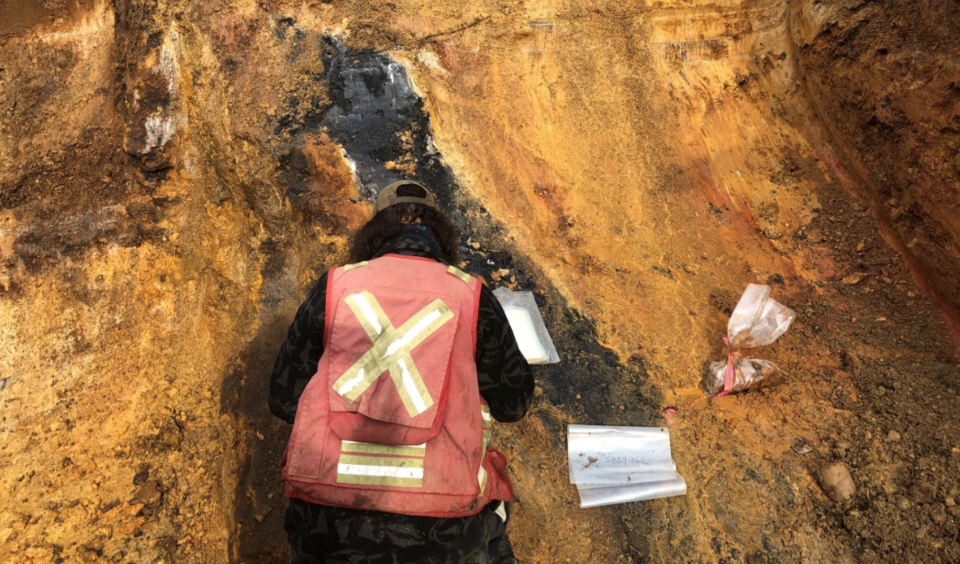It is common to hear from industry representatives and opposition party leaders that it takes more than 15 years to permit a major project in B.C., and that cutting red tape and shortening approval timelines is critical to our economic future.
In assessing the various party’s position on regulatory and permitting reform, the first question we should ask is does it really take that long to permit a major project in the province? And secondly, will the campaign promises being made make a difference?
In answer to question one, let’s look at several recent major projects and how long it has taken for them to receive the green light to proceed.
The B.C.-based Cariboo Gold project is a proposed underground mine and mill project near the communities of Wells and historic Barkerville between Quesnel and Prince George. Features of the project span over 100 kilometers and are within the traditional territories of the Lhtako Dene, Xatsull and Williams Lake First Nations. The proponent is Osisko Development Corp. of Montreal, and this was the first major project to successfully complete the 2018 NDP-revised B.C. Environmental Assessment (EA) process, receiving ministerial approval on Oct. 10, 2023. From the date at which a readiness decision and reasons for the decision were made public on Jan. 18, 2021, through to issuance of an Environmental Assessment Certificate (EAC), it was 995 days or about 33 months.
Detailed permitting for construction and operations is underway now and will have taken slightly more than 12 months when it is complete. So, from start to being able to commence construction is essentially four years.
Another recent example that involved both the Canadian and provincial EA processes was the Red Mountain Underground Gold project in northwestern B.C. Located in Nisga’a Nation-governed lands in the Naas valley, the project received its Section 11 Order to begin the EA process on Feb. 10, 2016, and an EAC approval from the province on Oct. 5, 2018. The federal approval followed several months later in early 2019. So, a total of 968 days or approximately 31 months provincially and approximately 33 months federally.
And finally, the Cedar LNG project, majority-owned by the Haisla Nation, received its Section 11 Order from the B.C. Environmental Assessment Office on Dec. 13, 2019, and an approved EAC on March 14, 2023. Total time: 1,186 days or about 39 months.
These three projects have a combined capital expenditure value of over $6.25 billion and represent thousands of new, high-paying, family-supporting jobs. All three have significant First Nation ownership and/or partnership interests and will be major economic drivers for the local and provincial economy when they are being constructed and operating. Each project is quite different in terms of location, scale and industry but all had an approvals timeline of between three and four years.
B.C. has also had some high-profile permit rejections or projects that became tied up in litigation, protests and community resistance for many years. The Ajax mine near Kamloops, the New Prosperity project in Tsilhqot’in territory near Williams Lake and the Jumbo ski resort in the southeast of the province are just a few recent examples. Each of these has its own story, history and sensitivity associated with it. Ajax was rejected by the current NDP government and the other two were approved under the BC Liberals but denied by Ottawa. New Prosperity was turned down by Stephen Harper’s Conservative government and Jumbo by the Liberals under Prime Minister Justin Trudeau.
Which begs the question, will any of the parties currently running for office provincially or, in the future, federally actually fix permitting delays or are there other factors at play that drive these outcomes?
The reality is, designing, engineering, financing and permitting major projects is not easy and takes time. And, yes, government can either facilitate that process or frustrate it. And there is no doubt, depending on political philosophies, governments do play favourites. But fundamentally, if you look at the projects referenced above and others going through the approvals process now, it is most commonly local or regional issues, specific environmental or human health sensitivities (e.g. water quality, caribou habitat, air quality) and how a proponent embraces “shared prosperity” and partnerships with First Nations and whether they can obtain consent that will determine success or failure. Not who is in power in Victoria or Ottawa.
In saying this, I am not saying the platforms of the parties and stated positions of the leaders do not matter. They do and there are some good ideas being put forward. The reality is though that major projects can be granted an approval to proceed within three to four years in B.C. when done right regardless of who is in power. And that suggestions that 15 or more years is the norm does not stand up to scrutiny. And I would offer, repeating that over and over publicly and to global financial markets may in fact harm potential new investments into the province rather than encourage them. Because, as noted, the issues are for the most part local and depend on the support of those who will be impacted and that is where the focus needs to be.
What would be helpful is for all parties to commit to improving the capacity, leadership and efficiency of regulatory review agencies, continuing to invest in creative permitting approaches that recognize the inherent rights of First Nations to be directly involved in decision-making and insuring transparency in the permitting process, so the public has confidence in decisions that are ultimately made.
Michael McPhie is the executive chairman and founding partner of Falkirk Environmental Consultants Ltd. He has been a key leader in the permitting and development of a number of major resource projects in B.C. and globally including the Red Mountain Gold project and, as an owners representative, the Cariboo Gold project.



